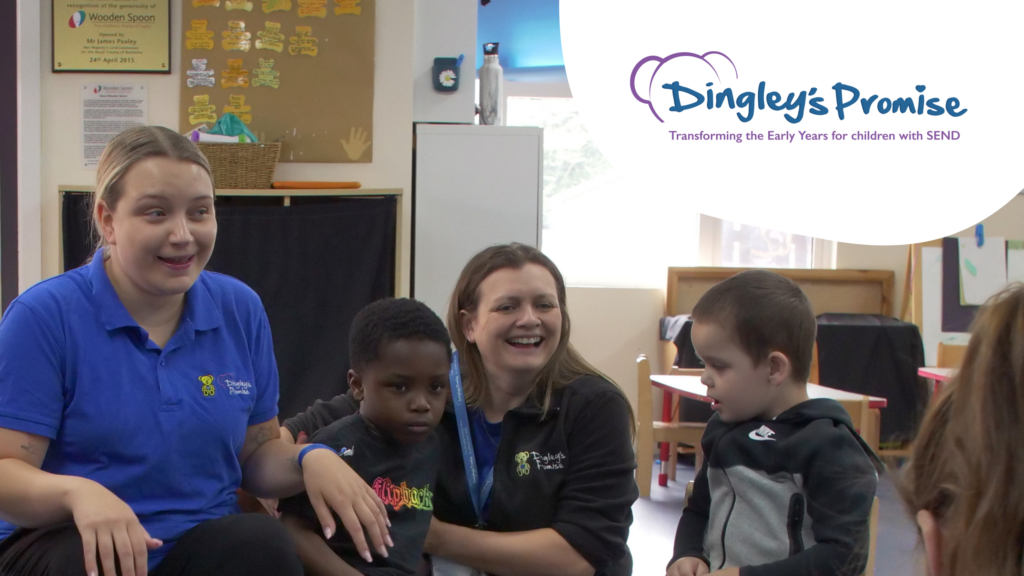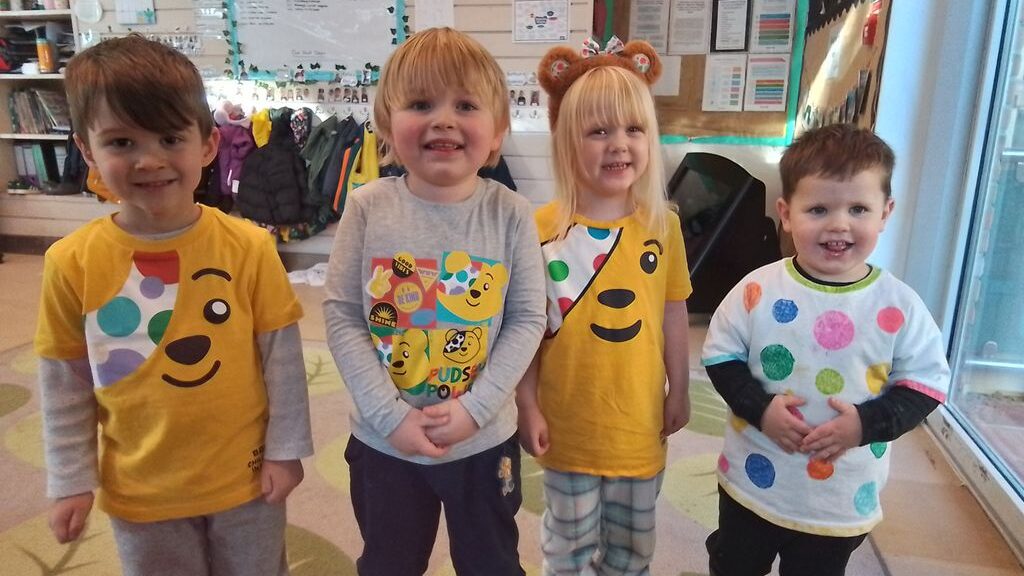In our series showcasing the sector’s nursery managers, we find out about Suzanne Charlesworth, nursery operations director at Kamelia Kids…
Government launches resources to support SEND assessment in early years

The Department for Education has launched a set of early years SEND assessment resources developed in partnership with charity Dingley’s Promise.
Dingley’s Promise is the largest specialist provider of nursery education to under-fives with special educational needs and disabilities (SEND) in England, and also provides training on early years inclusive practice.
The guidance was created in response to early years practitioners who are concerned that assessment processes for children with SEND can be time consuming and often not fit for purpose. It links to the four areas of need set out in the SEND Code of Practice: communication and interaction; cognition and learning; social, emotional and mental health; and sensory or physical need.
“We are delighted to finally launch this guidance nationally, having worked in collaboration with the DfE as part of our vision to create a more inclusive early years sector, and are excited to see this hard work come to fruition,” said Catherine McLeod, chief executive of Dingley’s Promise. “We hope that it will improve early intervention that is so critical for improving life outcomes for children with SEND.”
The guidance includes practical tools and resources to support the assessment process. The resources have been created to support a child-centred, strengths-based approach to assessing children’s needs. They focus on assessing the development of each unique child and provide a simple approach to identify and meet their needs as soon as possible.
McLeod said she hoped the guidance would be adopted by settings and local authorities to achieve a simpler and more consistent assessment process and support tracking of the progress made by children with SEND. “This will reduce stress on families and professionals, as it reduces the duplication of effort in filling in a range of different forms and will ensure consistency between local authorities,” she said. “The new guidance and format will build confidence in early years practitioners and enable them to identify and assess what children in EY with SEND can do, recognise their strengths, and set targets for progress. In practical terms, it should reduce paperwork time in the setting and take pressure off practitioners, whilst supporting the early intervention that is so critical for improving life outcomes for children with SEND.”
Latest Managers
Two nursery leaders were crowned manager of the year at the National NMT Nursery Awards, hosted by former Boyzone member,…
Nurseries across The Old Station Nursery Group have raised £4,852.05 for Children in Need. The funds were collected across the…





